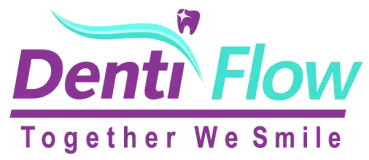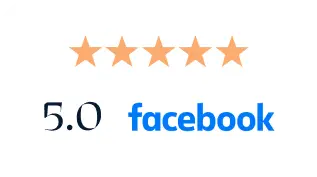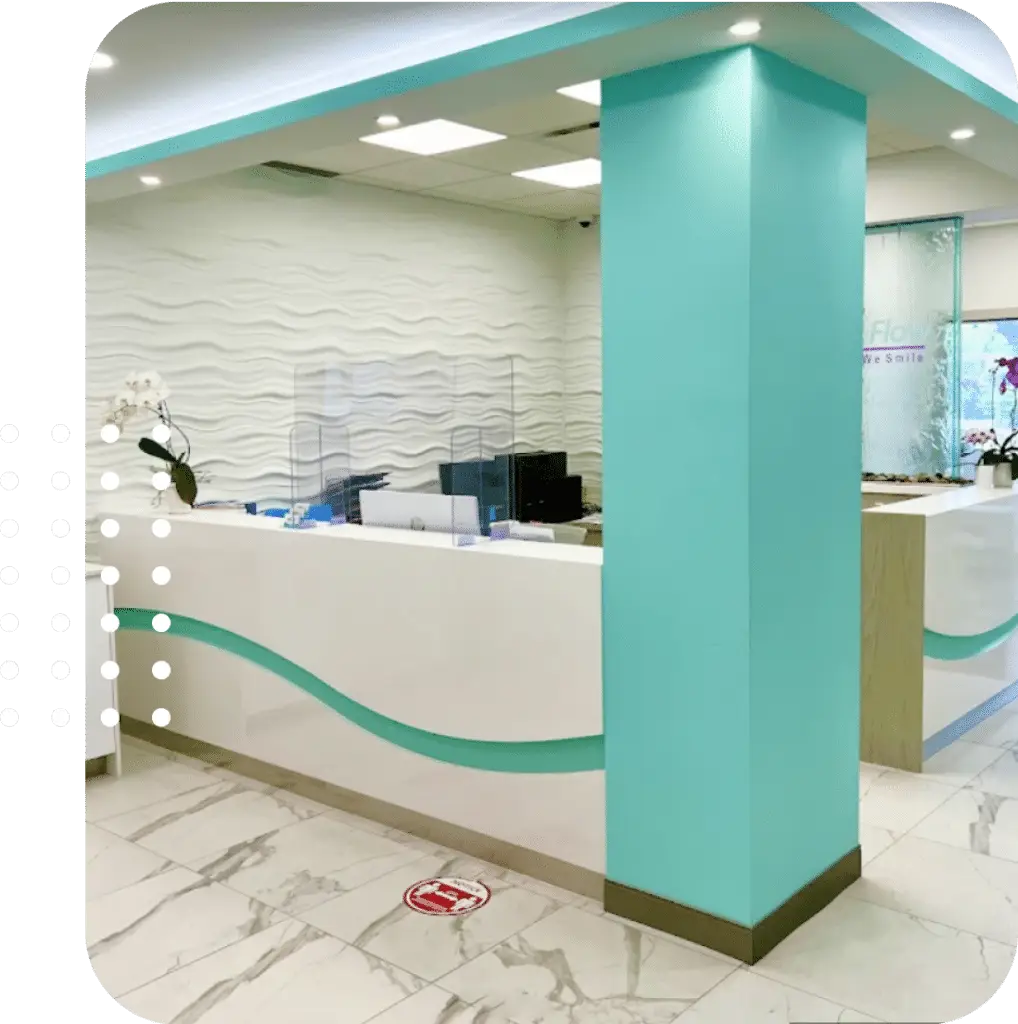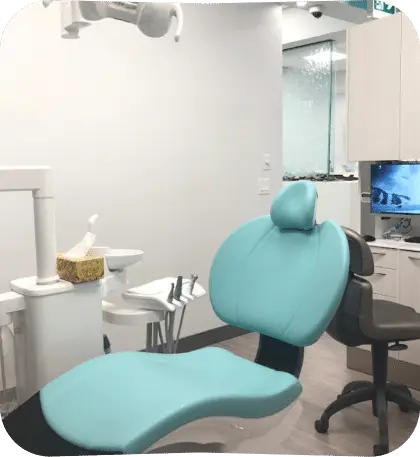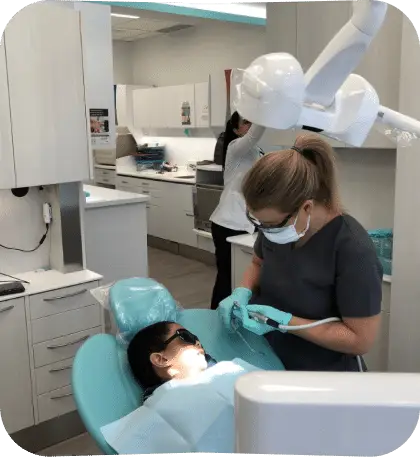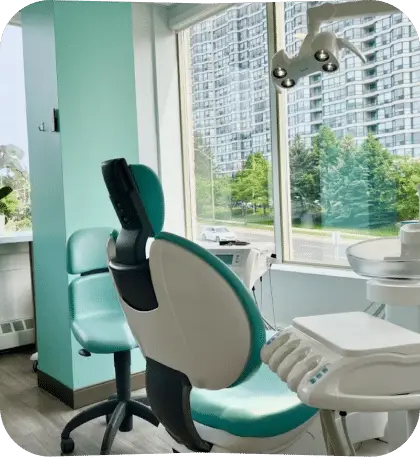Did you know that in Canada, dental procedures can be eligible for tax deductions under certain circumstances? We’ll dive deeper into what is eligible to claim on your tax return, and what will not be tax deductible below, however, it’s advisable to consult with a tax professional to ensure your taxes are done correctly.
About the Medical Expense Tax Credit
In Canada, the medical expense tax credit is a tax credit that allows individuals to claim a portion of their eligible medical expenses as a deduction on their income tax return. This credit is designed to help offset the costs associated with medical expenses that are not covered by private insurance or by provincial health care plans. To be eligible for the medical expense tax credit, an individual must incur medical expenses for themselves, their spouse or common-law partner, or any dependent children under the age of 18. Eligible medical expenses include a wide range of services and products, such as prescription medications, dental work, vision care, physiotherapy, medical equipment, and transportation to receive medical treatment.
To claim the medical expense tax credit, individuals must keep receipts and documentation of their medical expenses throughout the tax year. The expenses must exceed a certain threshold (based on a percentage of the individual’s net income) to be eligible for the credit.
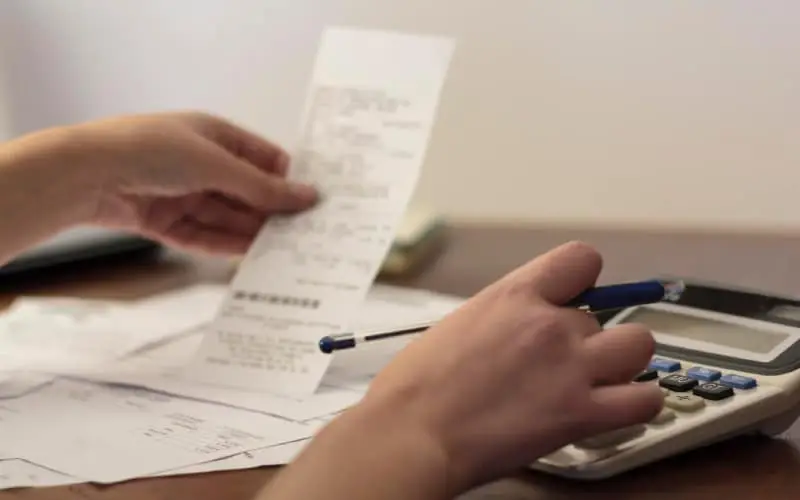
Dental Procedures That are Tax Deductible
In Canada, dental procedures are considered eligible medical expenses and can be claimed as a tax deduction on one’s income tax return. This means that individuals can receive a tax break on the cost of certain dental treatments and procedures, making them more affordable for those who need them. To be eligible for a tax deduction, dental expenses must meet certain criteria outlined by the Canada Revenue Agency (CRA). This includes being medically necessary and not cosmetic in nature, as well as being performed by a licensed dentist or dental specialist. Some common dental procedures that are typically considered eligible for a tax deduction include:
- Fillings
- Dental implants
- Root canals
- Extractions
- Dentures
- Braces/Invisalign
- Oral surgery
- Other dental procedures not covered by your dental insurance
Additionally, any dental expenses that exceed 3% of an individual’s net income can also be claimed as a tax deduction. It’s important to keep detailed records and receipts of all dental expenses incurred throughout the year to properly claim them on your tax return.
Dental Procedures That are NOT Tax Deductible
Dental procedures that are purely cosmetic will not be covered, for example:
- Teeth whitening
- Veneers
- Bonding
- Sealants
- Invisalign (for cosmetic purposes)

There are Programs Designed to Help Offset the Costs of Dental Services
There are other government-funded programs designed to help individuals and families cover the costs of dental care so they can still receive the services they deserve and require to live healthier lives. The Canadian Dental Care Program (CDCP) is designed to assist individuals who do not have dental insurance or who may not be able to afford dental care. Services that will be covered include:
- Cleaning, scaling (including root scaling), and fluoride treatment
- Exams and x-rays
- Fillings
- Crown repairs
- Root canal treatment
- Partial and complete dentures
- Tooth extractions
- Minimal sedation
However, not all dental offices will be taking part in this program as it is not mandatory. You must also meet the eligibility requirements such as not having dental insurance, not having pension benefits, having an adjusted family net income of less than $90,000, being a Canadian resident, and more.
Other notable programs include Healthy Smiles Ontario, which offers free dental care for children 17 and under from low-income households, and the Ontario Seniors’ Dental Care Program, which offers free, routine dental care for low-income seniors 65 and older.
Is it Worth Claiming Medical Expenses?
Just remember that you can claim dental services under certain circumstances and that it must exceed 3% of your net income. This can especially be worth claiming if you are undergoing more complex procedures that are medically necessary such as dental implants, orthodontics, or dentures. It will help offset the out-of-pocket costs you incurred. You can not, however, claim cosmetic procedures such as teeth whitening or Invisalign for cosmetic purposes – those services will also not be paid for by your dental insurance but rather out-of-pocket. Get in touch with DentiFlow Dentistry in Thornhill to schedule your dental services, and remember to keep your receipts!
